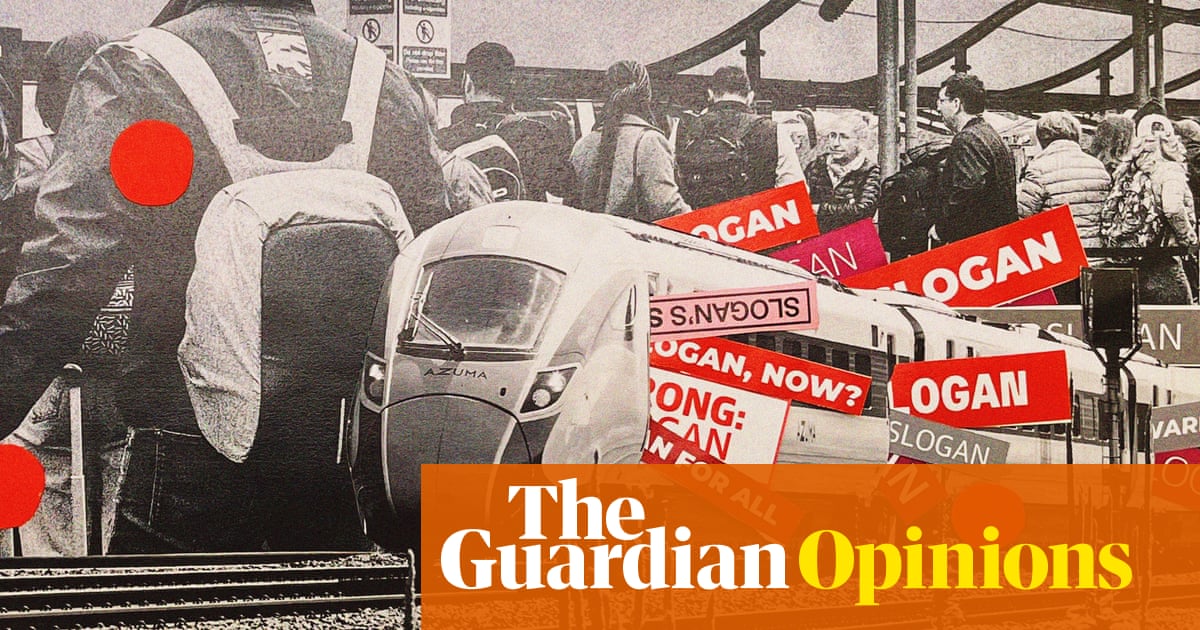
The price of a bus, train or tube ticket during peak commuting hours could be raised to prevent crowding and the spread of coronavirus on public transport, according to a leading thinktank.
Setting out a menu of options to end the government lockdown as ministers consider ways to reopen the British economy, the Institute for Fiscal Studies said discouraging public transport use during peak times could limit overcrowding and reduce the risks to public health.
In a report detailing tools that could be used to reshape business and social activity across Britain as restrictions are gradually lifted, the thinktank said behavioural changes should be encouraged to tackle Covid-19.
Among its recommendations the IFS said the usual logic of promoting public transport use – to cut congestion and pollution – could be reversed in order to limit the spread of the virus on packed commuter trains and buses, especially in London.
“The government could alter the relative prices of different types of commutes to better reflect this new reality. Examples would be to increase the relative price of commuting at peak times on the London tube and bus network, or to suspend the London congestion charge for drivers,” it said in the report.
However, raising the price of public transport would deliver a financial blow to people who cannot change their working hours or are unable to commute by car. The IFS said that while off-peak prices could be cut as an alternative, it would incentivise public transport at a time when commuting should be limited.
Frances O’Grady, the TUC general secretary, said: “We don’t see pricing approaches as the best way forward for public transport. Four in 10 key workers are paid less than £10 an hour. We cannot introduce blunt policies they can’t afford.”
Business groups and trade unions were sent draft government guidelines on how to protect workers before Boris Johnson set out on Sunday how restrictions could be eased. But the TUC has warned that the plan would put people’s health at risk and could not be supported in its current form.
Among further steps that could be taken to reopen the economy after more than a month of tough controls across Britain, the IFS suggested that tax breaks could be offered to firms that keep their staff working at home.
In a reflection of regional imbalances in the economy, the thinktank said as many as 58% of workers in London were in jobs in which working at home was possible, compared with 38% in the north-east of England. This was an advantage, it said, given differences in commuting patterns across the country.
“This is actually a convenient fact in the context of mitigating virus transmission. If Londoners do not work from home they are much more likely than others to commute by public transport, in which the risk of spreading the virus is relatively high,” the report said.
Government figures show transport use is down 55% since February. Rail and tube use is down by 95%, while the use of motor vehicles has gradually but marginally increased since the beginning of the lockdown.
Before the crisis, more than half of workers who live in London used public transport to commute, compared with one in eight in the rest of the country. During the morning rush hour, as many as 20% of the capital’s workers are commuting at 8.30am.
A spokesman for the London mayor, Sadiq Khan, said he was clear that the easing of lockdown restrictions would pose challenges given the city’s high population density and busy public transport network.
“Continued working at home for everyone where possible will be absolutely essential, alongside other major changes to people’s routines including staggered shift and opening hours, additional restrictions on the use of the public transport, and bold measures that ensure we get substantially more people walking and cycling,” Khan added.












